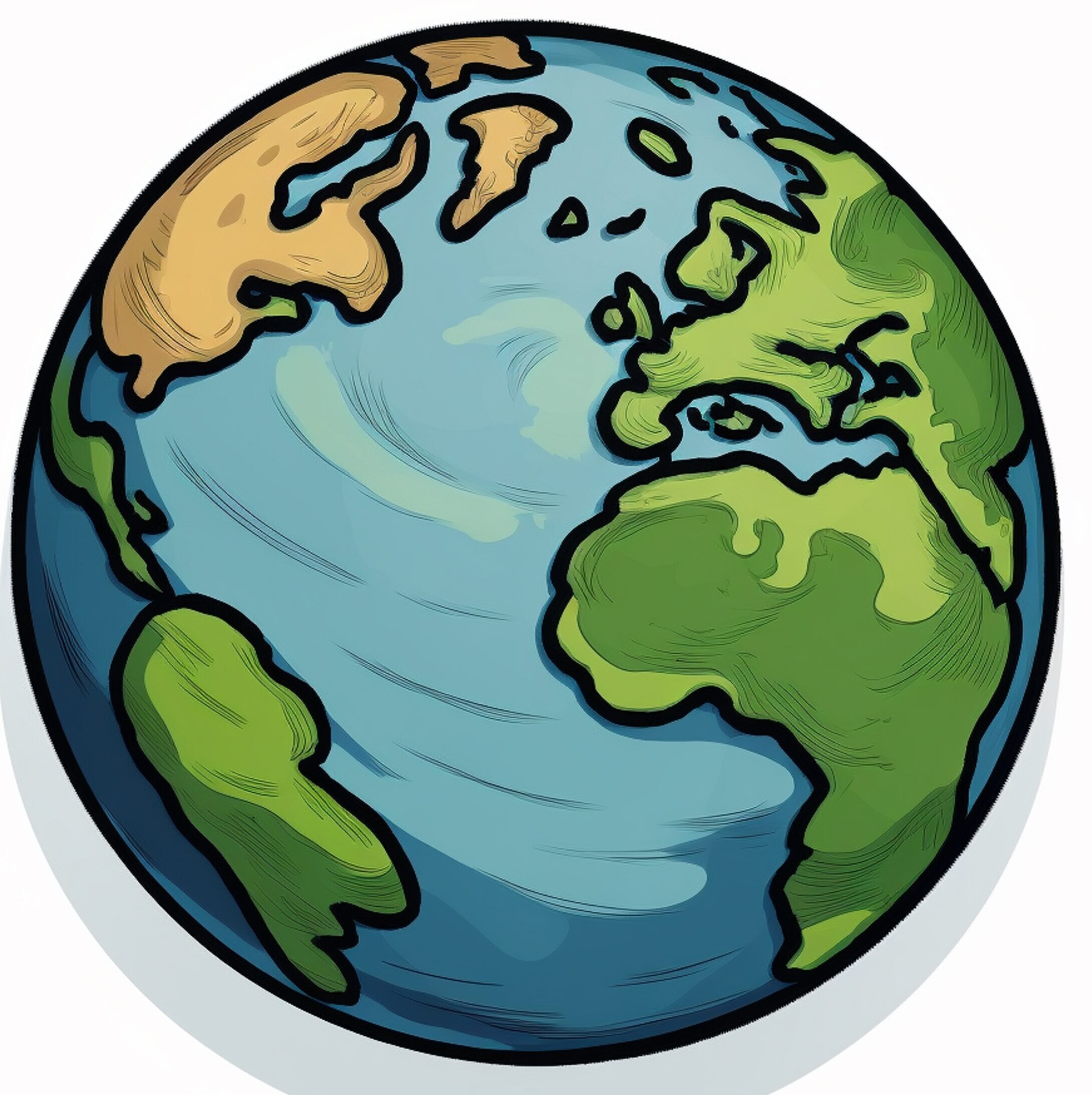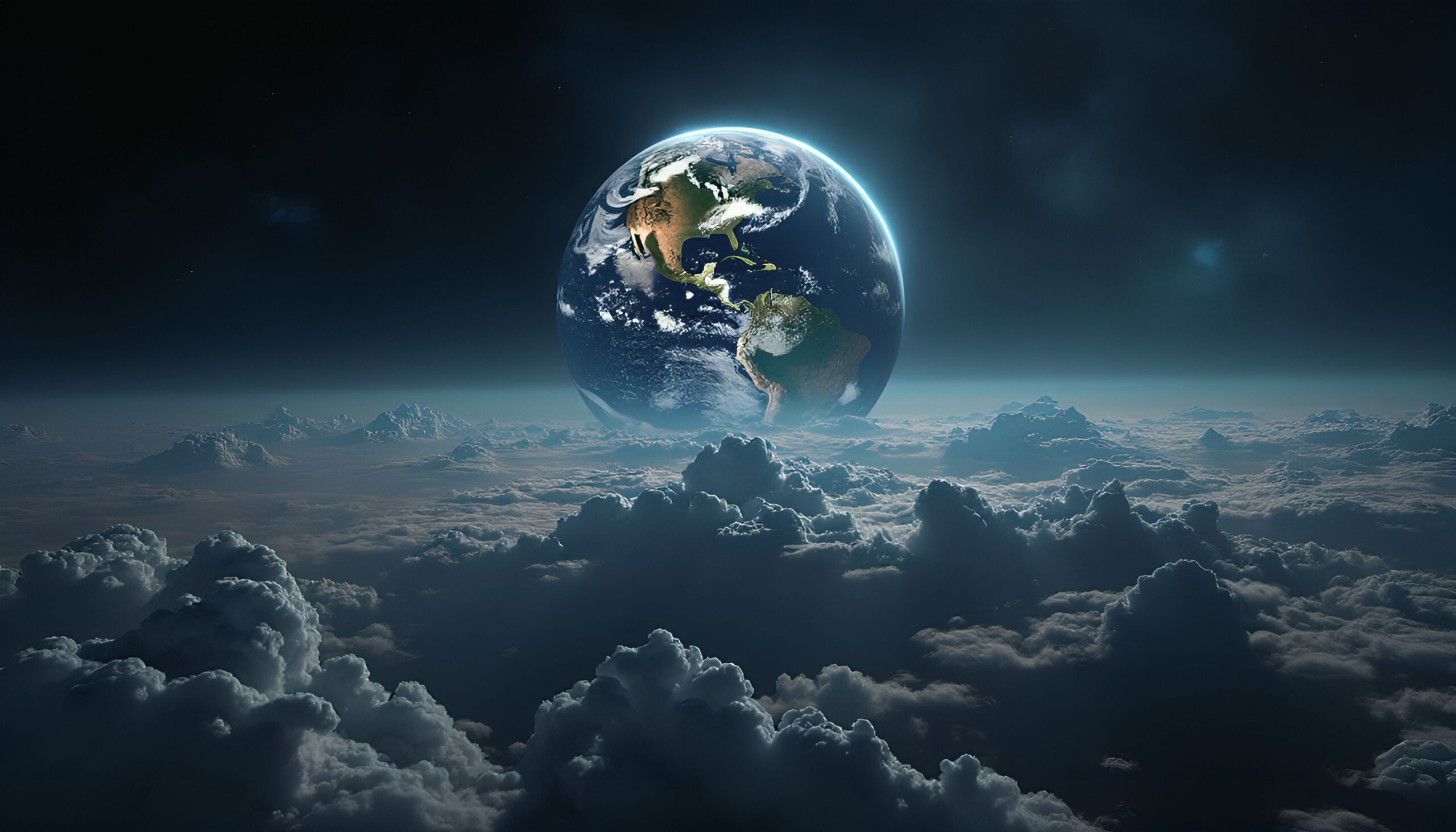Every year on April 22, millions of people around the world unite to celebrate Earth Day—a day devoted to raising awareness about environmental issues and promoting efforts to protect our planet. What started as a small environmental movement in 1970 has grown into a global phenomenon, reminding us all of our responsibility to care for the only home we have: Earth.
The 2025 Earth Day Theme Restore Our Earth
This year’s theme, “Restore Our Earth,” goes beyond simply reducing our environmental impact. It emphasizes innovative thinking, sustainable solutions, and active efforts to reverse the damage we’ve caused. Restoration means healing damaged ecosystems, rebuilding wildlife populations, reducing pollution, and rethinking the way we live and consume.
From reforestation projects to clean energy transitions, the focus is on long-term regeneration. Earth Day 2025 asks us not just to prevent further harm, but to actively make things better.
The Current Environmental Challenges We Face
Understanding the scale and scope of the environmental crisis is the first step to taking meaningful action. Here are a few pressing issues Earth is grappling with:
- Climate Change: Rising global temperatures have triggered melting glaciers, rising sea levels, and extreme weather events like wildfires, hurricanes, and droughts.
- Deforestation: Trees are the lungs of the Earth. Yet, we are losing forests at an alarming rate, impacting biodiversity and contributing to carbon emissions.
- Plastic Pollution: Millions of tons of plastic waste end up in the oceans every year, harming marine life and entering the food chain.
- Loss of Biodiversity: One million species are at risk of extinction due to human activities. Each species lost is a thread pulled from the delicate fabric of life.
- Air and Water Pollution: Toxic chemicals in the air and water sources not only damage ecosystems but also affect human health.
Why Earth Day Matters
The Earth sustains life in countless ways, from providing the air we breathe and the water we drink to the food we eat and the materials we use daily. However, our planet is under serious threat. Deforestation, climate change, plastic pollution, habitat loss, and air and water contamination are just some of the challenges we face. Earth Day serves as a wake-up call—a reminder that we must change our habits, policies, and mindsets before it’s too late.
The Current Environmental Challenges We Face
Understanding the scale and scope of the environmental crisis is the first step to taking meaningful action. Here are a few pressing issues Earth is grappling with:
- Climate Change: Rising global temperatures have triggered melting glaciers, rising sea levels, and extreme weather events like wildfires, hurricanes, and droughts.
- Deforestation: Trees are the lungs of the Earth. Yet, we are losing forests at an alarming rate, impacting biodiversity and contributing to carbon emissions.
- Plastic Pollution: Millions of tons of plastic waste end up in the oceans every year, harming marine life and entering the food chain.
- Loss of Biodiversity: One million species are at risk of extinction due to human activities. Each species lost is a thread pulled from the delicate fabric of life.
- Air and Water Pollution: Toxic chemicals in the air and water sources not only damage ecosystems but also affect human health.
Earth is Resilient But It Needs Our Help
Nature has a remarkable ability to heal, but it needs our help. The pandemic offered a glimpse into the Earth’s potential for recovery—clear skies in cities, the return of wildlife, cleaner rivers. However, these changes were temporary. Real restoration will only come through conscious, consistent efforts.
The time to act is now. Delaying change only increases the damage and cost of repair. Every individual choice, community effort, and national policy matters.

